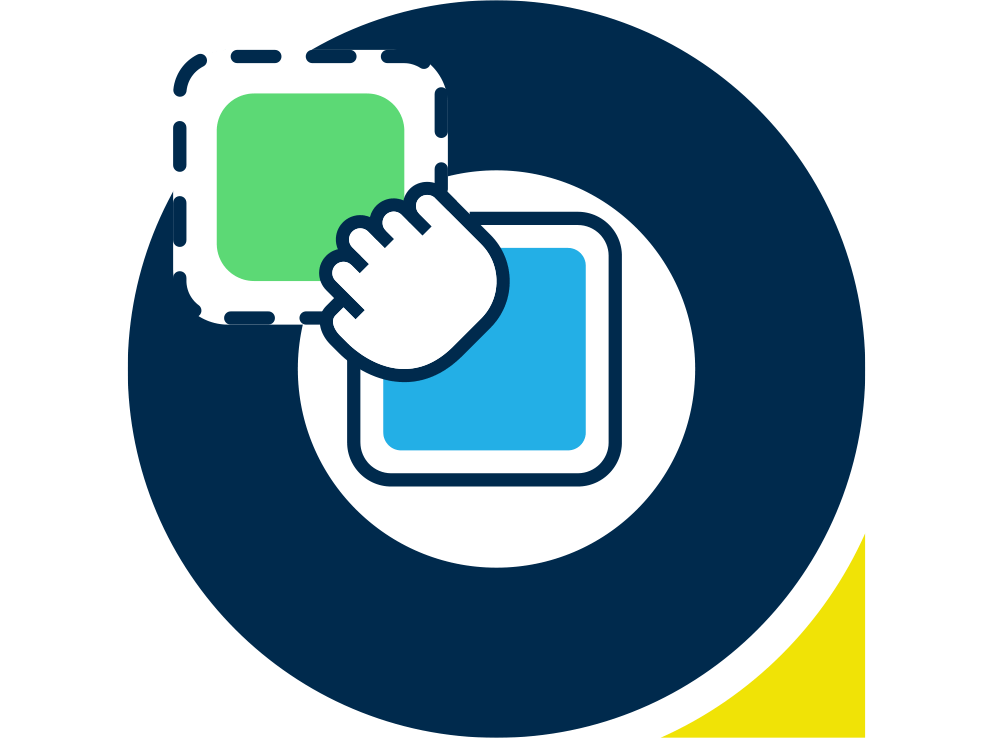Search Engine Optimisation, or SEO, is the part of marketing that is most likely to be delegated to a separate team, and the part fewest generalist marketers understand. Dave Oldacre has been vocal about changing this, by getting everyone to understand SEO better. Here are 5 things we learned when he joined That Marketing Podcast:
Listen to the full conversation here.
SEO is everybody’s job, not just one team’s:
“SEO is about doing lots of little things right. There’s not one big thing. So for developers, it’s about making sure you’ve got lean code and you’re not loading in plugins which slow your website speed. And if creative copywriters understood keyword research, and how to incorporate user intent and what the user is looking for, and how that ties into all search engines are looking for, then there wouldn’t be a need to optimize copy. So there’s all these little things that can add up. But quite often, what happens is SEO gets forgotten about. It’s a group of people who sit there and do some kind of magic after the fact. And so they’re never really thought from the instigation of a project.”
You don’t need to hire an agency when you’re just starting out:
“Getting the basics right is actually really easy to do. You don’t need to necessarily go and pay an agency to do a lot of the SEO basics for you. You will be paying a lot of money for stuff that, nine times out of ten, with a little bit of research, you can do yourself very easily through a content management system.”
SEO’s place in the overall marketing funnel:
“SEO traffic tends to be more high funnel. It’s the research phase, trying to understand their options, especially in a b2b market. Let’s say you’re an IT hardware provider, people might be researching the different types of technology on the market.”
SEO and PPC have a more complex relationship than most people think:
“SEO and PPC [are often] at loggerheads with each other, because they’re fighting for the same traffic source. They’re both fighting to earn users through search engines like Google. They’re each trying to report success. They’re each trying to prove their own channels. And I think the problem is that those two channels don’t always have the same audience within search engines.”
The big SEO misconception that still hangs around:
“There’s still a notion that organic search and SEO drives free traffic. That’s something that needs to be smashed completely. Because, every marketing channel, regardless of whether it has a direct media spend, has a cost to it. I think in the early days of SEO, it was stuck a few keywords into a page, that’s long since gone. But this myth that it’s free traffic seems to have seems to have stuck a little bit.”
